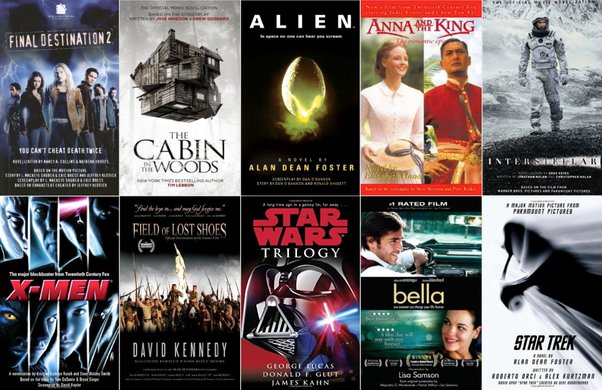A specific supporter Israel, American Jewish point-scene, independently funded social-dictators “8 October“Dangerous growth in charts and antisementism – especially in university complexes and social media – after October – 7 Hamas in Israel, resulting in over 1,200 deaths and to take 251 hostages. Wendy sax A large cast of speaking heads, including famous figures, academics, journalists, leaders of Jewish organizations and monitoring extremism. Avoid more emotional and individual testimony attacks, as well as from American college students, whose public support for Israel made him a holocaust of online hatred.
The informative film focuses on an important issue, but the audience should recognize that perspective is unilateral. Israel’s response to the attacks is mentioned only in passing and interviewers do not want to accept that a man’s terrorist may be another man’s freedom fighter. Yet the film is worth watching, if only to understand what is antisementism, the limits of privilege and free speech, why the rhetoric against the Jews became full of hatred, why so many presidents of elite universities resigned or were expelled from their positions after their positions and the current politicalism of the present politicalism.
Since Holocost, more Jews were killed in Hamas massacre in a single day than at any time. As the killers lived their atrocities on social media live-streaming, their actions were celebrated in some quarters, including a Palestine Sabha in Times Square, New York and in college premises. A Cornell Professor also talked about feeling “enthusiastic and energetic” by murders. In addition, 31 student groups of Harvard signed a letter stating that Israel was “fully responsible” for the attack.
Why did progressive universities fail to condemn the attacks and allow Jewish students and faculty to feel insecure. Sachs and his interviewers suggest that the younger generation gets their information mostly online and this is affected by the misinformation sources controlled by adverse countries. Representative Richie Torres, a Democrat from New York, notes that social media platforms encourage dissection and some people make place for anti-Israel, anti-Jewish spirit, which can be expressed anonymously. Meanwhile, branches (SJP) of social justice for Palestine took action in campuses with talk and instructions for the days of resistance, which encouraged violence and questioned Israel’s right to existence.
The film alleges that SJP has been funded by donations affiliated to Hamas and Muslim Brotherhood. It discusses a meeting of Hamas officials in Philadelphia in 1993, which was monitored by the FBI, where the organization made a proposal to frame what the organization was doing in terms of apartheid and racial oppression. They knew that these words already understood in the American discourse would draw positive press attention and public reaction.
The power and importance of the media echoes throughout the film. Israeli’s decision to invite Hamas to witness to witness of death and destruction is to bring the press to see the press to watch the German concentration camps as compared to General Eisenhower. The New York Times’s 1 October 17 article that depended only on the information supplied by Hamas, to declare that Israel had bombed a hospital, was later corrected.
An executive producer, actor Debra Messing, expresses surprise that more people in Hollywood did not directly condemn the violence and spoke in support of the hostages. Her feelings of disappointment are echoed by actor Michael Ripoport, which seems strange that she should be one of the top-bed celebrity speakers at a rally who urges the release of the hostages.
Sometimes with a repeated information, dense, the film’s brilliant edited visual news footage, internet video and chatting heads with chat graphics. Propulsive sometimes emphasizes the points being made on the orchestral music score from Sharon Farber.



